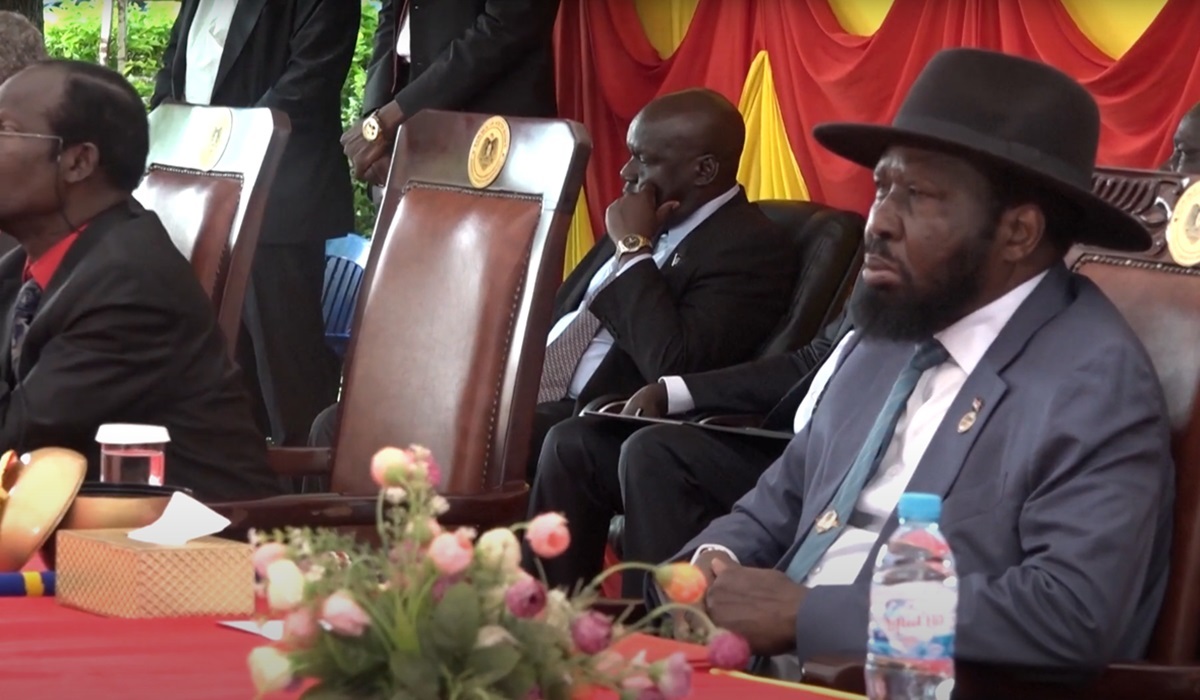South Sudan’s Central Bank is intensifying efforts to counter the escalating inflation in the country by increasing the funds allocated to commercial banks. This move comes in response to the surge in prices of essential commodities, a situation exacerbated by recent salary hikes for civil servants. As the South Sudanese Pound continues to depreciate against the US Dollar, residents in the capital, Juba, are grappling with the economic fallout, particularly the sharp rise in fuel prices, which in turn is impacting the cost of various goods and services.
Juba residents face significant challenges in their daily lives, with the relentless price increase affecting their ability to afford essential items. The devaluation of the South Sudanese Pound against the US Dollar is identified as a primary factor behind the surge in fuel prices, prompting a chain reaction that impacts the broader economy. In interviews with CGTN, residents expressed their concerns about the continuous price rise, highlighting the strain it puts on their daily lives.
Economic analysts point to the recent salary increases for civil servants as a key driver of the current inflationary pressures. The substantial salary rise, reportedly reaching 400 percent of normal income, has injected substantial new money into the market. This sudden influx of funds has not been fully studied regarding its impact on the market, leading to a reaction that contributes to the inflationary trend.
The Bank of South Sudan asserts that it controls the situation in response to the economic challenges. Governor James Alic Garang acknowledges that increased salary payments may temporarily strain the exchange rate. However, he expresses confidence that public psychology will adjust over time, leading to a more stable economic environment. He emphasizes regular and predictable salary payments will alleviate market panic, preventing frequent upward price adjustments.
President Salva Kiir has made strategic changes within the country’s finance ministry and central bank to stabilize the economy. Despite these efforts, inflation has remained persistently high. The economic challenges faced by South Sudan are further complicated by an influx of refugees from neighboring Sudan and a disruption in the supply of goods from Khartoum, exacerbating the existing economic woes.
As South Sudan grapples with inflationary pressures, the Central Bank’s decision to increase support to commercial banks reflects a proactive approach to addressing the economic challenges. However, with external factors such as the refugee influx and disrupted supply chains, a comprehensive strategy that addresses internal and external influences is essential for long-term economic recovery.









